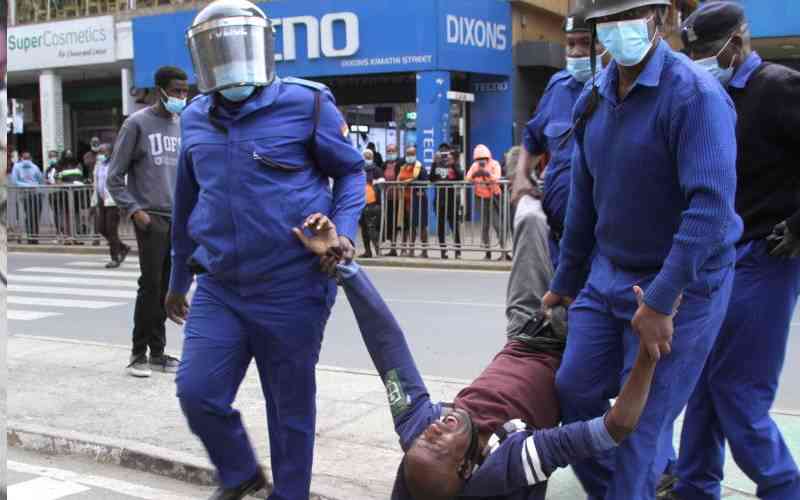×
The Standard e-Paper
Kenya’s Boldest Voice

Four young men, between the ages of 15 and 26, were rounded up on May 23, 2023 by a chief and an assistant chief as well as members of the Nyumba Kumi (community policing) group in Antubociu, Ndula Village, Meru County, and beaten severely to make them confess to stealing a goat belonging to one of the chiefs.
Several witnesses and victims claim they were frog-marched, stripped and extensively beaten with clubs and small wooden planks. Antubociu Chief's Camp is where the torture took place.